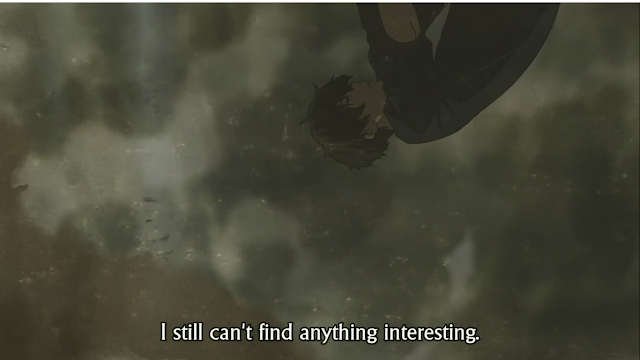Entrance essay
I chose to pursue graduate studies at this time for several reasons. First, having spent more or less a decade teaching, I realize that the learning I get from attending seminars and updating my reading materials is to a large extent different from the breadth and depth I would get should I return to being a student. We are all perpetual students should we so choose, yes, but the learning you acquire on your own (or even with a mentor) is limited to what you have been trained to accept as credible or acceptable – at most times you fit what you learn and read into the suit of your own understanding, being a mild Procrustes of sorts; whereas learning in a classroom environment, with a full-blooded instructor in front of you propelled by the winds of discourse trains the mind to stretch itself in its own framework and standards of acceptance – you learn that the suit of your own understanding is part of a bigger wardrobe. I need to learn, and learn as a student, not as a teacher, else the skills I would continue to hone are of a teacher’s, like keeping away from power tools every time I encounter a bad essay, doing basic maths, cramming throughout the night to appear masterful in the morning.
Second, and on a more practical note, to undergo post-graduate studies at this time is more advantageous than putting it off in, say, five more years. I would have been thirty-four then, and the priorities I might have then would have been different relative to what I have now; it might come to be that my putting it off would turn out to be not undergoing it altogether. Opportunities arise at every choice and collapse of alternatives, but I highly doubt that this particular opportunity will come twice.
Third, and concordant with reasons for choosing a Doctorate in Philosophy in Philosophy, the knowledge base I have confidence having in at present is severely limited to the curriculum of 2007. Granted that Philosophy is not like the sciences, where there’s chair-flinging every time new theories arise, which is every time – I do not have a good grasp of contemporary philosophical breakthroughs apart from what I read. I would like to be able to fling a chair, and not an antique one, at that. To know your roots and be able to say they’re still substantial is one thing; to know how far the field goes and still trace the relevance throughout the subfields is another. It would be a poor thing if I were to be content with the knowledge of philosophy I have now – I, quite simply, lack mastery. A doctorate will not give me full mastery, I know – but at the very least I can know how fully I lack mastery.
If this essay does not show it, I’m pedantic and somewhat eccentric, although I see it as a less frictional way to communicate with people. This largely depends on the other person, I know, but I don’t see a problem talking with people, having spent a considerable amount of my years talking with people and in some cases talking at people. I have a sense of responsibility that I’m trying to feed the right vitamins to, in the sense that I would not want to overpromise, but overdeliver instead – so it would be better if I say that I do my work, and try do it well. When I was undergoing my master’s I was also teaching full-time in the same university, so I think I can manage to juggle tasks acceptably. The only realistic difficulty I anticipate is largely due to an overactive imagination based on no experience whatsoever – I have been schooled in St Louis University and its affiliates all my life, and the differences between that and where I would be would be felt as that – true differences, in terms of training, standards, values. I’m highly adaptable in other ways anyway, or at least adaptably maladjusted, and I take a Stoic view of most things after I have thought about them. As a student I am confident I will do well – and hopefully my instructors would see it as that, also. I would not want to metaphorically and unduly fling a chair at my mentors, antique or otherwise. The chairs, I mean.
Simply put, the answer I can give to the second and third items is that I truly want to learn – and from that stems the helpful, and also difficult, aspects of my study. However, I want to learn, and learn well, and hence be relevant in contemporary discourse about philosophy and the rest of the social sciences, as I have taught social science courses before. An education in this university will give me a bigger sense of responsibility and productive relevance to my field – in terms of publications, research and discourse; and to the society – in terms of the same, perhaps with less ivory towers and more applicable results.
June 2012


Comments
Post a Comment